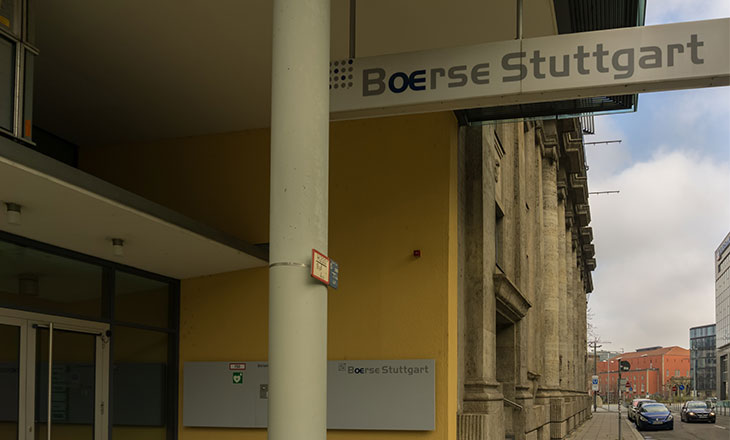Boerse Stuttgart Group has announced today that it has joined forces with several other companies in order to develop a flexible method for financing industrial capital goods on a blockchain basis. The other participants in the joint research project are the Bosch research team “Economy of Things”, Daimler Mobility and technology partner 51nodes.
In addition to technical feasibility, the project, which has been running since May 2019, also covered legal and regulatory aspects.
The new method allows investors to invest in industrial capital goods such as machinery, vehicle fleets or energy infrastructure via digital tokens. The issuer of the tokens has the advantage of linking its financing costs to the actual utilisation of the financed goods according to a pay-per-use model.
The provision of relevant usage data creates transparency and forms the basis for variable payouts to investors. The Ethereum blockchain has been selected as the technical basis for the project. The project partners have filed a patent application for a process that links the usage data to the token.
Dr Ulli Spankowski, Chief Digital Officer of Boerse Stuttgart GmbH, commented:
The project shows what novel investments are possible with blockchain-based tokens for investors in the industrial sector. At the same time, companies gain greater flexibility for the financing of capital goods. With a view to this and further new markets we are creating an end-to-end ecosystem for the issuance, trading and custody of digital assets.
Werner Folkendt, Product Owner Industry/Logistics in Bosch’s “Economy of Things” project, stated:
Because Bosch is also a manufacturer of industrial goods, we are interested in how the new financing method will be accepted by industrial companies. We currently expect that blockchain-based approaches will make the financing and operation of industrial machinery more flexible and therefore considerably more attractive.
Harry Behrens, Head of the Daimler Mobility Blockchain Factory, said:
With security tokens we at Daimler Mobility can make new offers, in relation to electromobility for instance, for the financing of charging infrastructure or vehicle fleets. The fact that the necessary mechanisms are already provided for in the design of the software – and that these are fully automated – promises enhanced efficiency, better scaling and thus increased cost efficiency in the financing of infrastructure and vehicle fleets. Our collaboration with Boerse Stuttgart and Bosch has confirmed the potential in this area, and we expect the first placements on the market soon.
With the new method of financing we connect industrial capital goods with smart contracts and the blockchain through an Internet of Things link. Thanks to the good, interdisciplinary cooperation between the various project partners we are taking a big step towards the digital financial industry of the future,’ Jochen Kaßberger, Managing Director at 51nodes, concluded.
